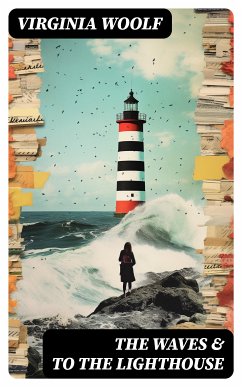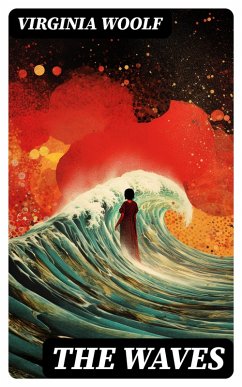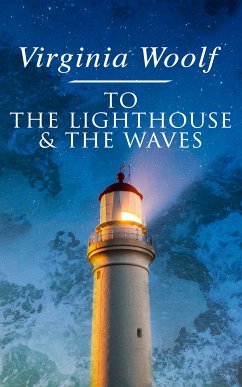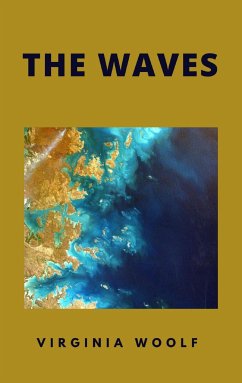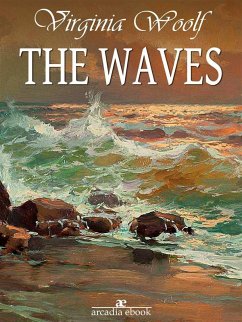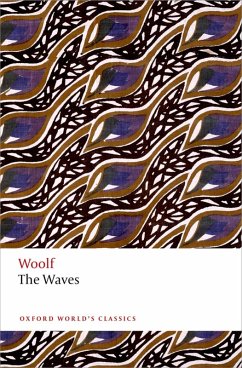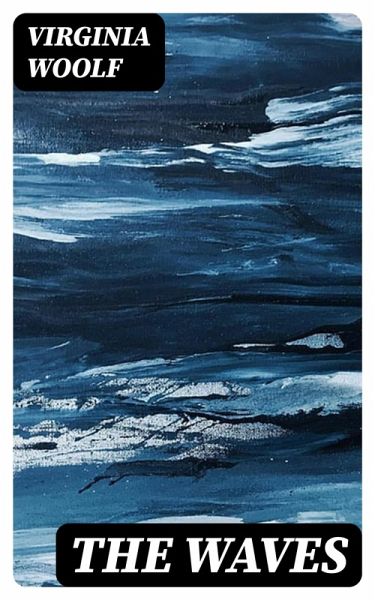
The Waves (eBook, ePUB)

PAYBACK Punkte
0 °P sammeln!
Virginia Woolf's "The Waves" invites readers into a fluid, impressionistic exploration of six intertwined lives through the rhythmic ebb and flow of their consciousness. Blurring the lines of traditional narrative, Woolf employs a unique style characterized by stream-of-consciousness prose, allowing the characters' internal monologues to shape perceptions of time, memory, and identity. Set against the backdrop of the English seaside, the novel captures moments of introspection and existential contemplation, reflecting the influences of modernist literature and the complexities of early 20th-ce...
Virginia Woolf's "The Waves" invites readers into a fluid, impressionistic exploration of six intertwined lives through the rhythmic ebb and flow of their consciousness. Blurring the lines of traditional narrative, Woolf employs a unique style characterized by stream-of-consciousness prose, allowing the characters' internal monologues to shape perceptions of time, memory, and identity. Set against the backdrop of the English seaside, the novel captures moments of introspection and existential contemplation, reflecting the influences of modernist literature and the complexities of early 20th-century society. Woolf, a central figure in the modernist movement, drew from her own experiences and the intellectual currents of her time, including feminism and psychological theory, to craft this groundbreaking work. Her background as a member of the Bloomsbury Group and her struggles with mental health deeply inform the themes of fragmentation and connectivity found in "The Waves." Ultimately, it is a profound reflection on the nature of self and relationships, embodying Woolf's determination to challenge conventional storytelling. "The Waves" is highly recommended for readers seeking a rich, introspective experience. It serves as a poignant exploration of human connection and consciousness, inviting readers to lose themselves in its lyrical prose and to ponder the intricacies of existence itself.
Dieser Download kann aus rechtlichen Gründen nur mit Rechnungsadresse in A, B, BG, CY, CZ, D, DK, EW, FIN, F, GR, H, IRL, I, LT, L, LR, M, NL, PL, P, R, S, SLO, SK ausgeliefert werden.





